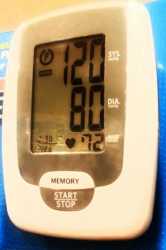Author Interviews, Circadian Rhythm, Heart Disease, Occupational Health, Sleep Disorders / 27.04.2021
Social Jetlag Linked to Increased Cardiovascular Risk in Shift Workers
Circadian misalignment is associated with a high cardiovascular risk among shift workers:
MedicalResearch.com Interview with:
Sara Gamboa Madeira
Medical Doctor - General & Family Physician
PhD Student - EnviHealth&Co - Faculty of Medicine
Lisbon University
MedicalResearch.com: What is the background for this study?
Response: One in every five employees work in shifts across Europe1. Shift work have been associated with an increased risk for several cardiovascular diseases2 and three main mechanism have been proposed: unhealthy behaviours, disturbed sleep, and circadian misalignment.
This study focused on the role of circadian misalignment, which we assessed via social jetlag. Social jetlag is calculated using the Munich Chronotype Questionnaire3 by the difference between sleep behaviour on free-days (mainly driven by the individual “biological clock”, also called chronotype) and sleep behaviour on workdays (mainly drive by the “social clock”, namely work schedules). Chronotype is an individual feature which ranges from early/morning people to late/evening people (from proverbial lark to owls), with the majority of the population falling in between as a Gaussian distribution. Therefore higher levels of social jetlag mean a greater mismatch between what your biological clock need (e.g. go to sleep at 9pm) and what your social obligations impose on you (e.g. work until midnight).
(more…)













